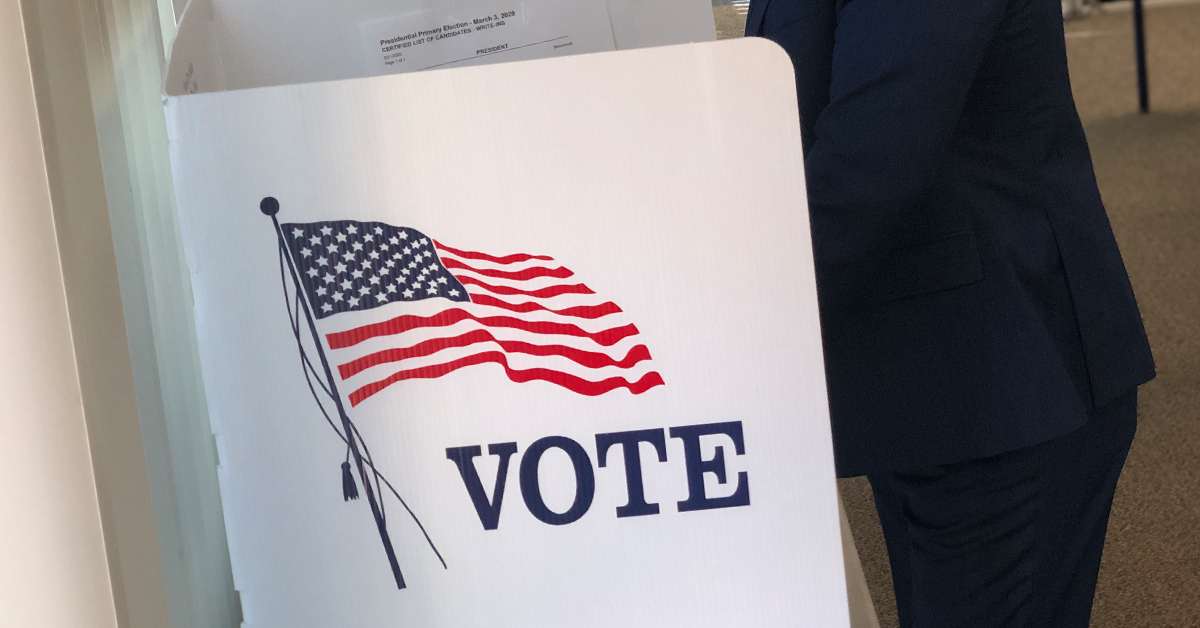Near the beginning of the year Netflix released a true-crime documentary centered on Kai the Hatchet Wielding Hitchhiker, who rose to fame during a freak incident in Fresno-turned-internet viral sensation a decade ago.
Now Kai, who’s name is Caleb McGillvary, is suing Netflix and KMPH, among several other defendants, for allegedly exploiting him and stealing his intellectual property.
The backstory: McGillvary gained prominence in January 2013 when he hit Jett Simmons McBride three times in the head with a hatchet in Fresno. McBride drove his car into a woman, pinning her against a parked truck, and got out of his vehicle to attack a bystander who was trying to help the pinned woman.
- Shortly after the incident, McGillvary was interviewed by former KMPH reporter Jessob Reisbeck. The interview went viral and was famous for McGillvary’s reenactment of the events.
- McGillvary was arrested in May for murdering New Jersey attorney Joseph Galfy, and he was found guilty of murder in 2019 and sentenced to 57 years in prison.
The lawsuit: In addition to Netflix and KMPH, McGillvary named Jimmy Kimmel Live! and Fulton 55 among the defendants.
- McGillvary claims that he took control of the interview with Reisbeck by creating a dramatic work reenacting the event, which he calls a motion picture. He said he never gave KMPH the copyrights for it.
- He also alleges that various media companies and agents, including those working to have him appear on Jimmy Kimmel Live!, enticed him to sign documents while he was too intoxicated to know what they were for.
- He states that the only consideration he received from Jimmy Kimmel Live! for broadcasting his dramatic work on the late night show was a limousine full of marijuana.
- McGillvary also claims that Fulton 55 management defamed him, costing him at least a dozen requests for performances.
- He is seeking $1.3 million in damages.
State of play: McGillvary revealed in the lawsuit that he was raped at the age of 17 and continues to suffer PTSD because of it. He claims the murder was a “PTSD-triggered self-protective impulse,” and his actions months prior in Fresno worsened his PTSD.
- “His act of heroism came at a heavy price to himself: His PTSD was severely triggered by the incident, and he fell into a spiral of self-medicating substance abuse,” the lawsuit reads.









